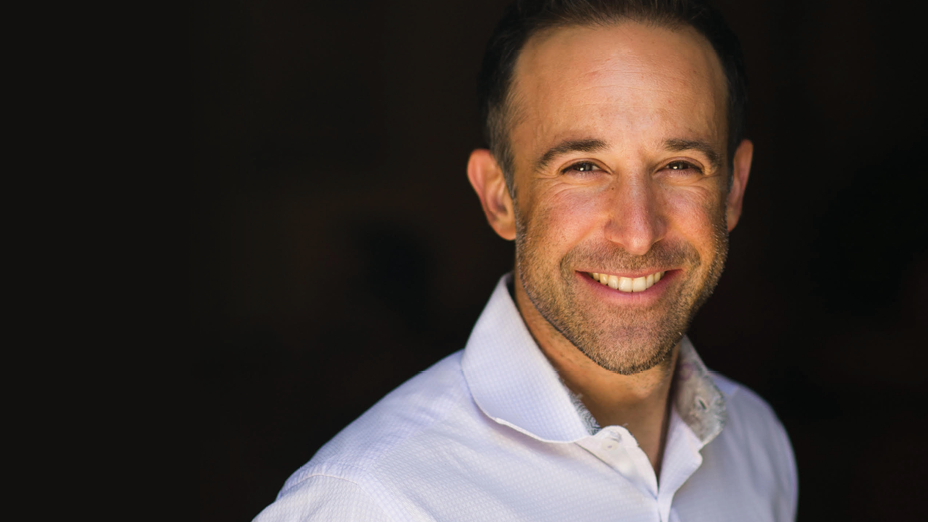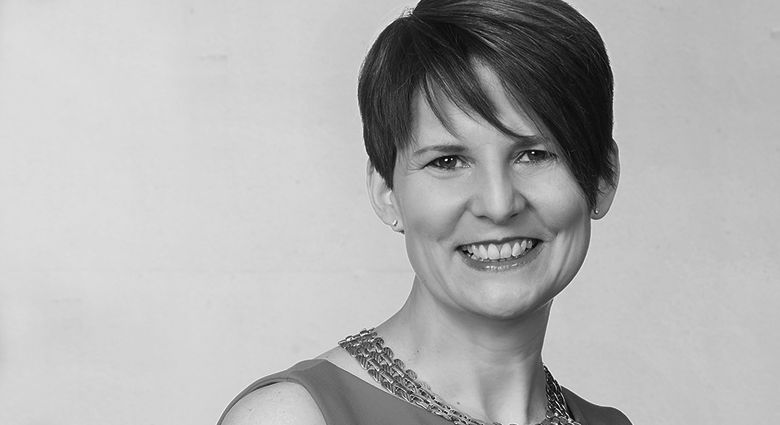“If you can’t say anything nice, don’t say anything at all.” That admonition from childhood might still ring in your ears. You learned that if you wanted to avoid your mother’s evil eye, you kept any criticisms to yourself. But you probably also learned by example that the rule didn’t apply once you were safely in the car or sitting around the dinner table. Then, if your elders were any indication, it was absolutely fine to complain, deride, and gossip about someone who annoyed you.
For many of us, that misguided preference for saying nothing rather than saying something that might rub someone the wrong way is the origin of our adult passive-aggressive behavior. That passive-aggressiveness is preventing us from giving feedback, from getting issues on the table, and from engaging in productive conflict. The “nothing but nice” rule is as pervasive (and as misguided) as the Golden Rule. The Golden Rule leads us astray by projecting our own preferences on others, while the “nothing but nice” rule steers us away from the conversations that can make us better .
Teams need diversity of thought, constructive feedback, and productive conflict to function effectively.
Don’t get me wrong, I think it’s admirable to value positive, friendly relations with your teammates. But if you shy away from open, healthy conflict about the issues, you might be just as responsible for the dysfunction on your team as your wind-bag combative colleagues. If you think you’re “taking one for the team” by not rocking the boat, you’re deluding yourself.
Teams need diversity of thought, constructive feedback, and productive conflict to function effectively. Diversity, even when it causes tension, improves decision making and reduces risk. Feedback allows individuals to become more self-aware and to make themselves more effective and more valuable. Conflict allows teams to come to terms with difficult situations, to synthesize diverse perspectives, and to make sure solutions hold water. Diversity, feedback, and conflict can all be uncomfortable, but they are the path to high performance.
Still, I meet people every day who admit that they aren’t comfortable with any form of conflict. They worry that disagreeing might hurt someone’s feelings or disrupt harmonious team dynamics. They fret that feedback would be demoralizing or embarrassing for a teammate — so they hold back.
Sure, pulling your punches might help you maintain your self-image as a nice person, but you do so at the cost of getting your alternative perspective on the table; at the cost of challenging faulty assumptions; and at the cost of highlighting hidden risks. That’s a high cost to pay for nice.
And in the cases where you hold back your criticism or disagreement in the room, but let it rip at the water cooler, you are engaging in the ultimate hypocrisy. If your version of nice is to smile and nod in the room but then air your concerns with colleagues after the meeting, that doesn’t count as nice at all. Passive-aggressiveness is not nice.
Three New Nice Behaviors
If you agree with me that we are desperately in need of a new version of nice; if you are ready to silence the “nothing but nice” loop in your head, consider these three opportunities to demonstrate that you are a shining example of the new nice and get your team on track to high performance:
Open yourself to diversity. When an idea seems strange to you and your default reaction is repulsion, the old nice might have encouraged you to back away graciously Instead, be curious about it. When someone says something surprising, or even maddening, try to understand where it’s coming from. “Wow. That’s not something I’ve heard before and it runs counter to everything I have learned about marketing. Please tell me more about what’s behind your comments.” The new nice is to start with a positive assumption and go searching for understanding. The new nice gives you a chance to learn and get value from diversity.
Nice is less about your behaviour and more about your motives.
Deliver constructive feedback. When a teammate delivers a lackluster presentation or says something hurtful, the old nice encouraged you to help him save face by mercifully averting your eyes and saying nothing. It seems harsh to tell someone that they didn’t deliver or that they weren’t at their best, especially when it’s with a colleague you like. But if your teammate doesn’t get the feedback, how will he ever get better? The new nice person finds a quiet moment to say “In the meeting today, when you interrupted Bob three times, it made you look defensive. How can you put things straight with Bob?”
Embrace productive conflict. When you disagree with an idea or a plan put forth by a coworker, the old version of nice was to let it slide — to trust that they knew what they were talking about or to hope the repercussions wouldn’t be too severe. But today’s world is too complex, too fast moving for any one person to see the full picture. Withholding what could be a key piece of the puzzle isn’t nice, it’s risky. The new nice person acknowledges the first point of view and adds a second perspective to the picture. “You think it’s critical for us to launch in August to capture the school market. I am concerned that the product won’t be bug-free until September. How do we solve for this?”
Somehow, somewhere along the way, we created a perverted definition of nice. In that warped view, hiding negative thoughts about someone is nice but voicing them so they can be addressed is not. In the old view, letting a teammate struggle in silence is nice while investing in their success is not. Nodding in agreement but thwarting attempts to implement is nice but disagreeing openly is not. How did we get so far off track?
It’s time for a new definition of nice: one where we get comfortable being uncomfortable—all in service of making ourselves, each other, and our teams better . Nice is less about your behavior and more about your motives. Do the difficult things; just do them with the goal of make things better. That’s nice.





.png)




What Did You Think?